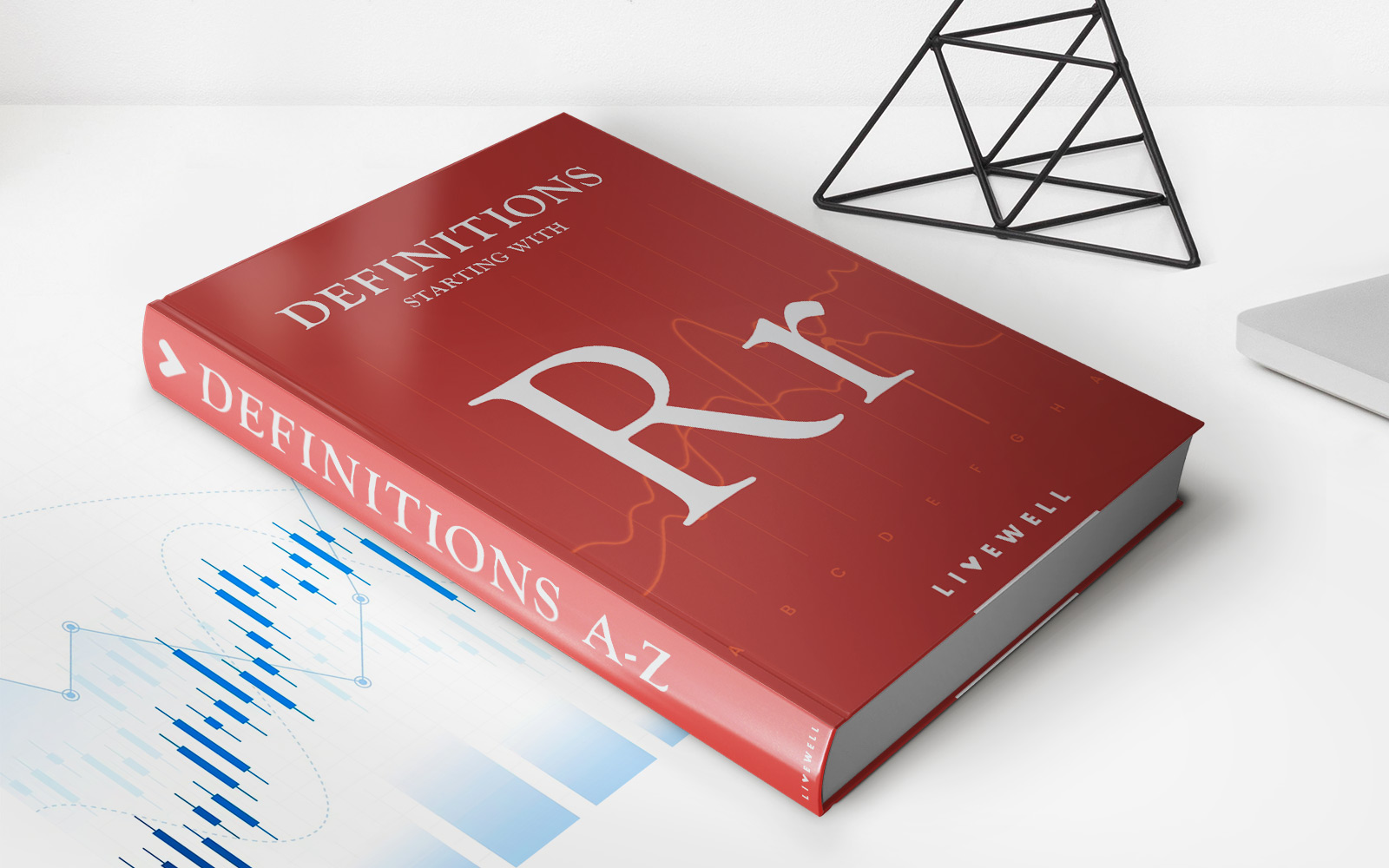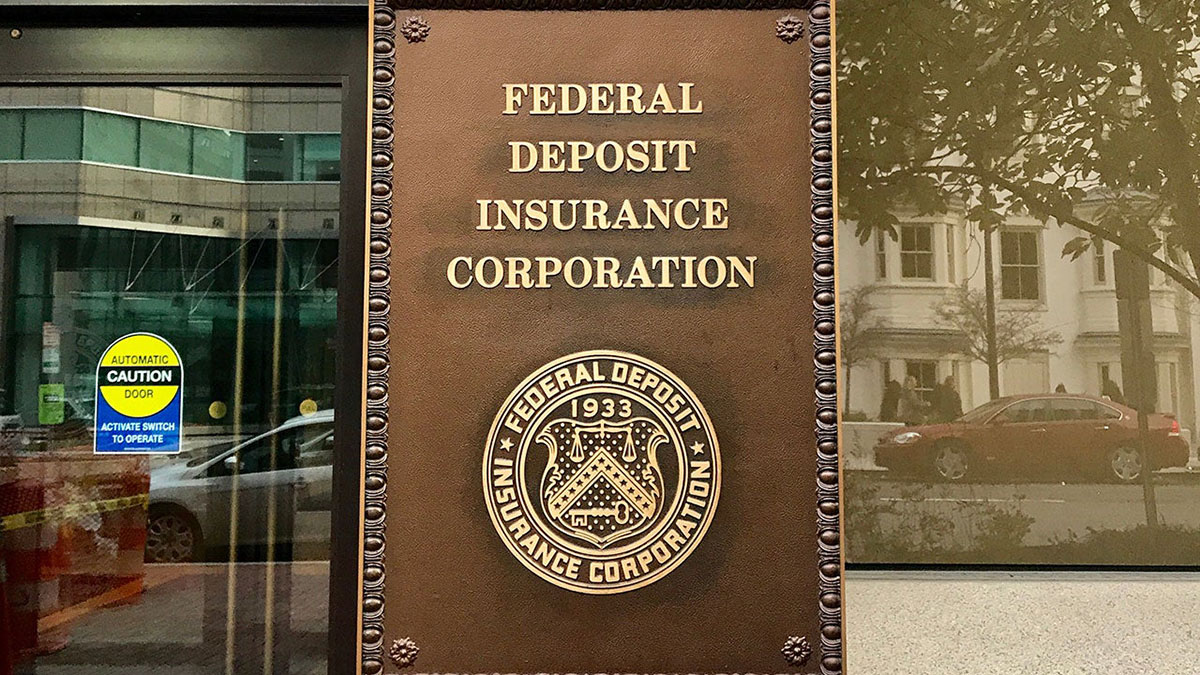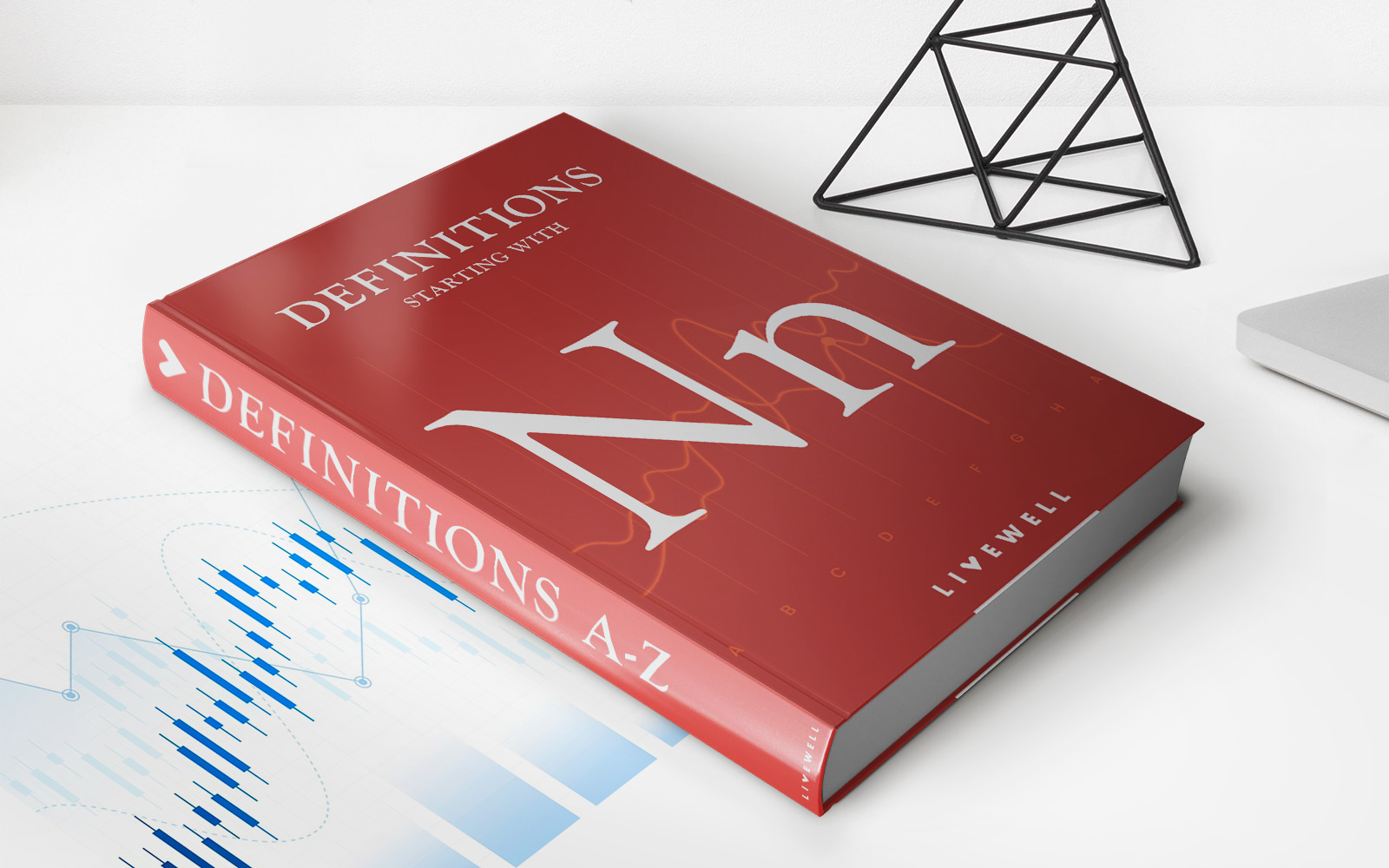

Finance
Credit Risk Certification Definition
Published: November 5, 2023
Looking to advance your career in finance? Learn about credit risk certification and its definition to enhance your knowledge and expertise in the field.
(Many of the links in this article redirect to a specific reviewed product. Your purchase of these products through affiliate links helps to generate commission for LiveWell, at no extra cost. Learn more)
What is Credit Risk Certification and Why is it Important in Finance?
As the world of finance becomes increasingly complex, managing credit risk has become a crucial aspect of financial institutions’ operations. To ensure employees in the finance industry have the necessary skills and knowledge, credit risk certification programs have gained popularity. In this article, we’ll dive into what credit risk certification is, its importance in finance, and how it can benefit professionals in the field.
Key Takeaways:
- Credit risk certification programs offer specialized training and knowledge in managing credit risk for professionals in the finance industry.
- Having a credit risk certification enhances career prospects and opens doors to higher-level positions in financial institutions.
So, what exactly is credit risk certification?
Credit risk certification refers to professional training programs that provide individuals in the finance industry with comprehensive knowledge and skills needed for effectively managing credit risk. These programs are designed to equip finance professionals with the expertise and tools required to assess, analyze, and mitigate credit risks within their organizations.
In a volatile financial landscape, credit risk certification serves as a validation of an individual’s proficiency in evaluating creditworthiness, identifying potential risks, and implementing risk management strategies. By acquiring this certification, finance professionals demonstrate their dedication to ensuring the stability and success of their institutions.
Why is credit risk certification important in finance?
Credit risk represents the potential financial loss an organization may face due to default or non-payment by borrowers. In the finance industry, effectively managing credit risk is crucial to maintaining the stability and profitability of institutions. Here’s why credit risk certification is of paramount importance:
- Expertise in Risk Assessment: Credit risk certification equips professionals with the knowledge and skills to accurately assess the creditworthiness of individuals, businesses, and other entities. This enables organizations to make informed decisions on lending, investments, and risk exposures.
- Effective Risk Management: Through credit risk certification, finance professionals learn various risk management techniques, including setting credit limits, monitoring credit exposures, and implementing strategies to mitigate potential losses. This ensures institutions can navigate risk environments with confidence and minimize adverse impacts.
- Compliance and Regulatory Requirements: Financial institutions operate in a highly regulated environment. Credit risk certification programs provide professionals with an understanding of applicable laws, regulations, and industry best practices. Compliance with these standards helps organizations avoid legal issues, penalties, and reputational damage.
In addition to the aforementioned benefits, credit risk certification enhances job prospects for finance professionals. With this certification, individuals gain a competitive edge over their peers, unlocking opportunities for higher-level positions and increased earning potential within the finance industry.
If you’re looking to boost your finance career and enhance your expertise in credit risk management, consider pursuing a credit risk certification program. By obtaining this certification, you’ll acquire the necessary skills to navigate the ever-evolving financial landscape and become a valuable asset to your organization.














